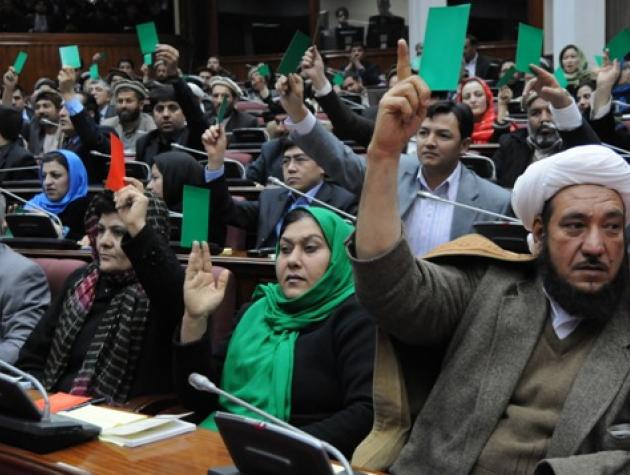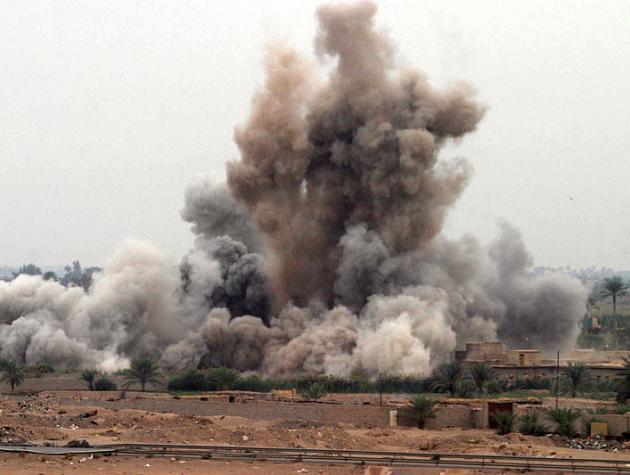ODI Understanding humanitarian action in East and Southeast Asia: a historical perspective
Abstract
What does ‘humanitarianism’ signify? And how have humanitarian practices evolved in different societies and at different points in time?
While there is growing recognition that to speak of a universal understanding of humanitarianism is inherently problematic considering the multicultural nature of any given society and the diverse actors involved in providing humanitarian aid, there remains a gap in existing scholarship on how this amorphous idea has been understood and acted upon in non-Western contexts. Especially in Asia, the dissemination of humanitarian values and ideals remains an understudied subject despite the tumultuous social and political history of the region
This Working Paper explores how understandings of humanitarianism and humanitarian action have evolved in East and Southeast Asia. With a focus on humanitarianism in China and Japan, the paper also examines key trends in Southeast Asia, while highlighting aspects of both continuity and change, including the growing importance of non-state actors in redefining the parameters of humanitarian action.
Read the full paper here.





